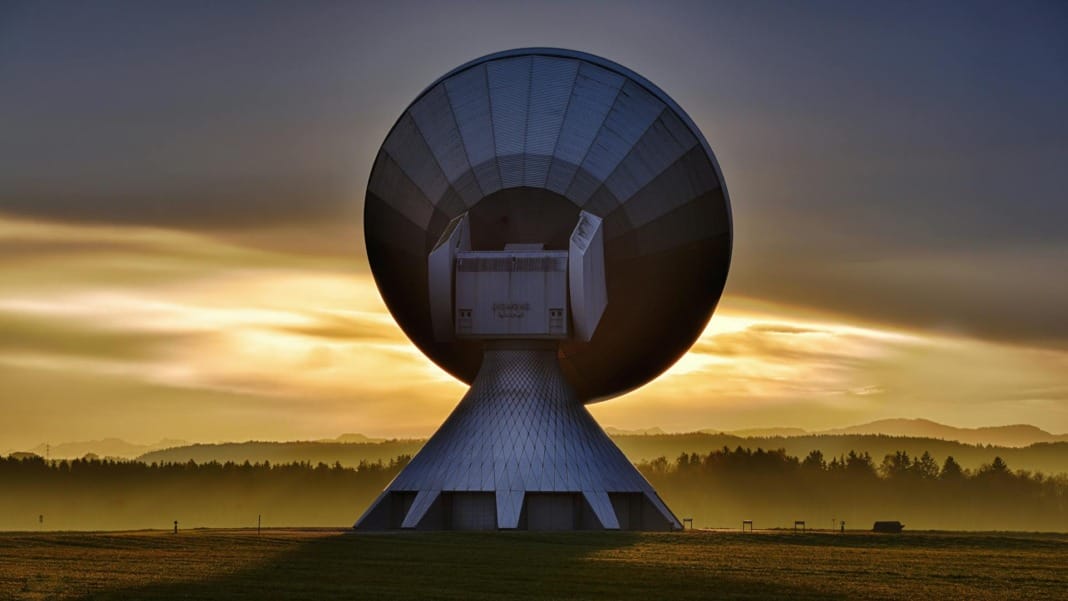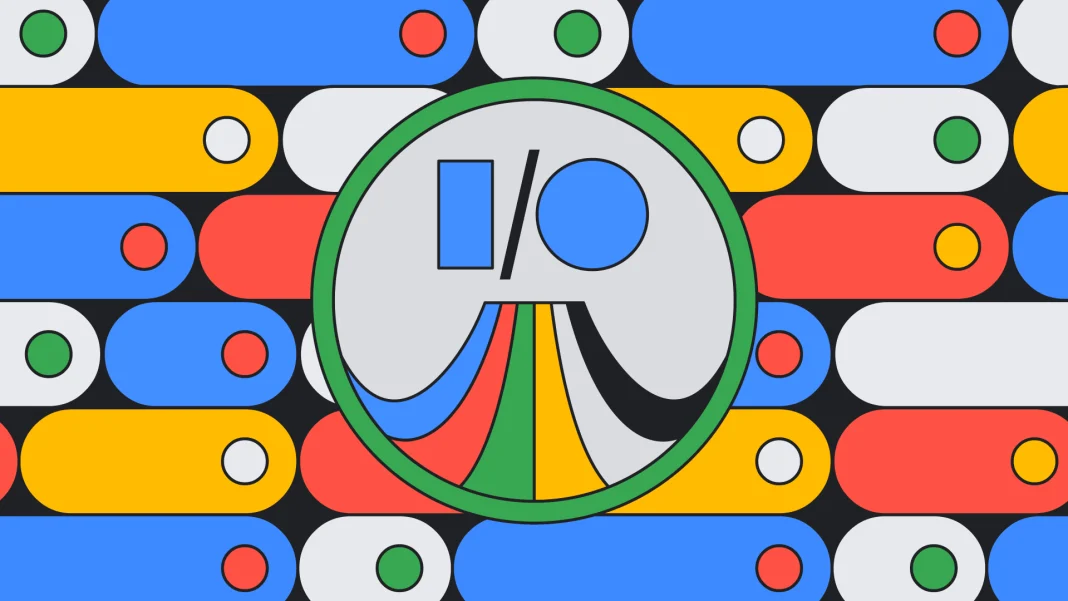For those of us fond of retro gaming, the Google Play Store has been akin to a candy shop, brimming with emulation apps that transport us back to our button-mashing days. Yet, the brightest star in this galaxy of nostalgia—the emulators for Nintendo’s consoles—finds itself under the shadow of the corporate giant’s legal might. What was once a playground of 8-bit adventures and epic quests is now a battlefield, with Nintendo drawing its legal swords against the likes of Yuzu, a Switch emulator that dared to walk the fine line of emulation on Android.
Nintendo unleashes its legal Pokémon
In a move that surprised no one following the eternal dance between emulators and Nintendo, the company has targeted Yuzu with the ferocity of Bowser capturing Princess Peach. Armed with DMCA warnings, Nintendo has accused Tropic Haze LLC, the brains behind Yuzu, of “facilitating piracy on a colossal scale”. This battle, however, is less of a David vs. Goliath and more of a Yoshi vs. an army of Goombas—where the outcome seems sadly predictable for the emulator devs.
As the dust settles, we see Yuzu and Citra, a beloved 3DS emulator, caught in the crossfire. The fallout? A staggering US$2.4 million in damages and a community mourning the potential loss of these digital time machines. But fear not, for like the many lives of Mario, the essence of Yuzu and Citra lives on through countless forks and the undying spirit of their communities.
The emulator exodus: Developers do the warp zone jump
The ripple effects of Nintendo’s legal stomp have sent shockwaves through the emulator community. Developers of classic emulators, such as the venerable Myboy and the jovial John GBC, are now treading on eggshells, perhaps contemplating a retreat to the Mushroom Kingdom. The developers behind Drastic and Pizzaboy, witnessing the fiery legal hoops Yuzu is jumping through, have hastily packed their bags, leaving cryptic messages and a promise to protect their families from the looming spectre of litigation.
This legal skirmish has highlighted Nintendo’s protective stance over its latest console and raised an eyebrow or two regarding the safety of emulating older consoles. While the Gameboy and its brethren may seem like harmless relics of the past, the spectre of Nintendo’s legal team lurks in the shadows, ready to pounce on unsuspecting developers who dare to breathe new life into these ancient artefacts.
The indomitable spirit of emulation: A quest without end
Despite Nintendo’s attempts to put a lid on the Pandora’s box of emulation, the spirit of the community remains unbroken. Much like the Legend of Zelda, Emulation is a tale that refuses to conclude. Developers, driven by nostalgia, reverence for gaming history, and a dash of rebellious zeal, continue to forge new paths, seeking sanctuaries beyond the reaches of the Play Store.
This narrative, punctuated by legal dramas and corporate skirmishes, underscores a simple truth: emulation is more than just software. It’s a testament to the enduring love for games that shaped generations, a quest for preservation in the digital age, and a reminder that, much like the heroes of our favourite Nintendo titles, the spirit of emulation will always find a way to persevere.




